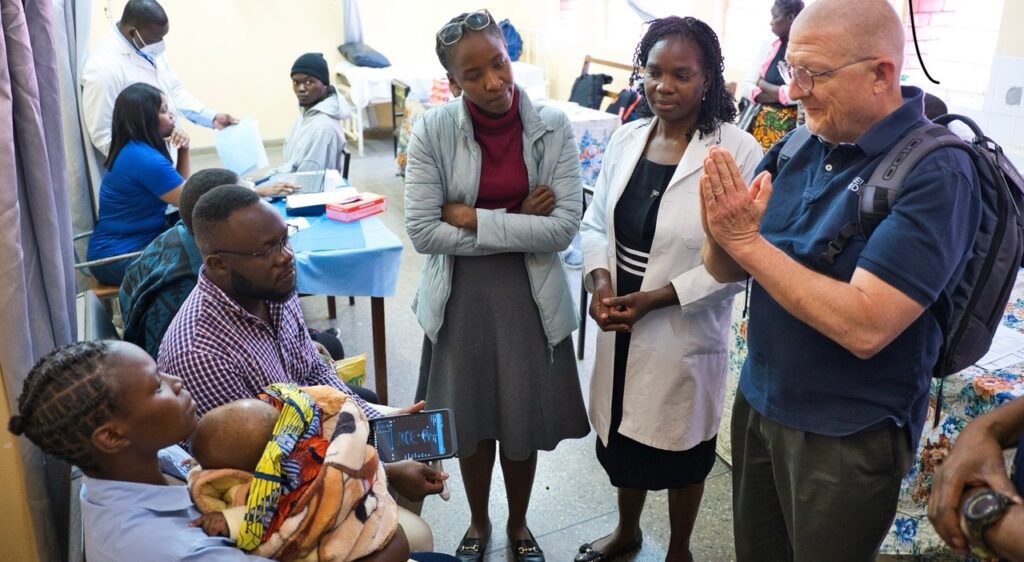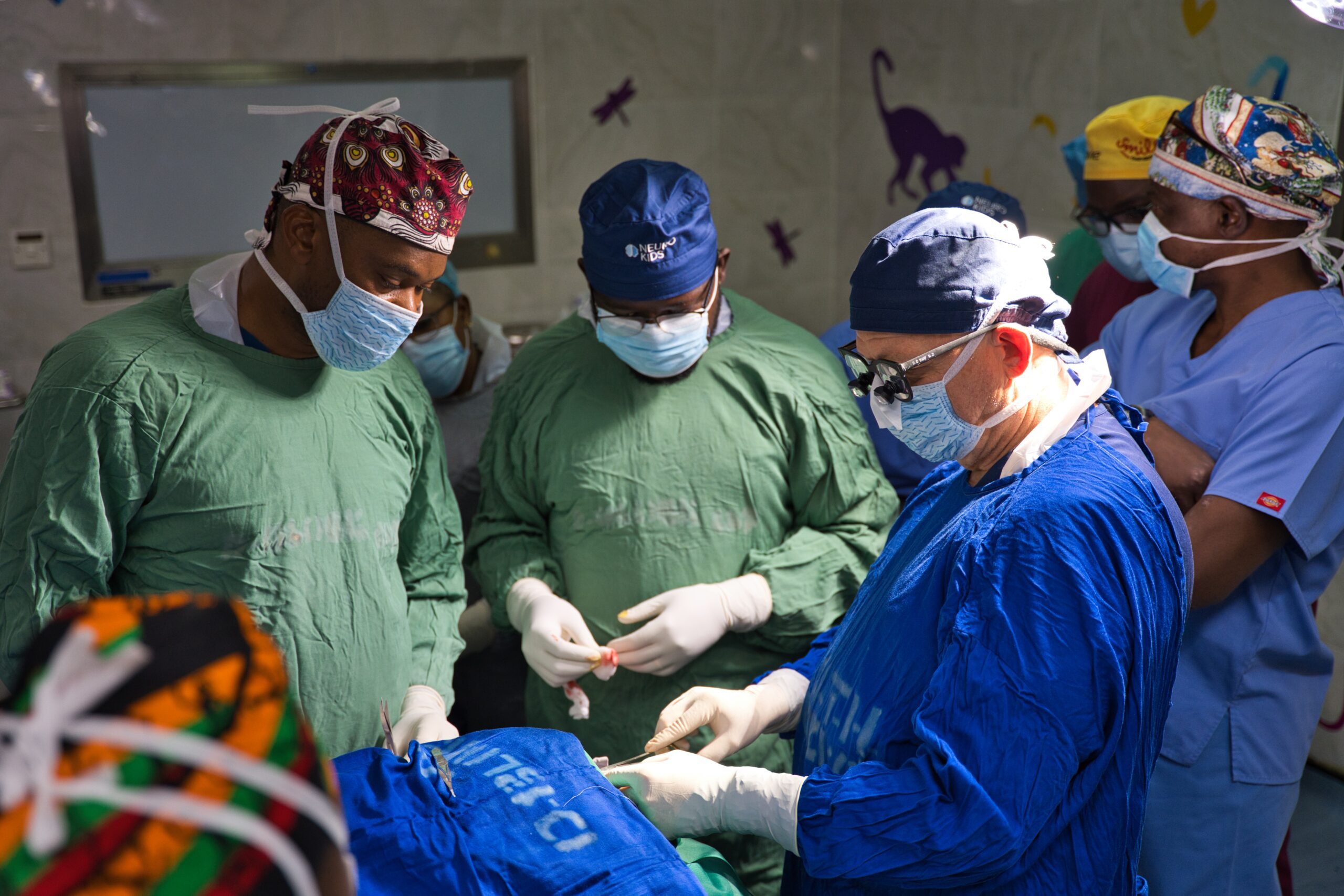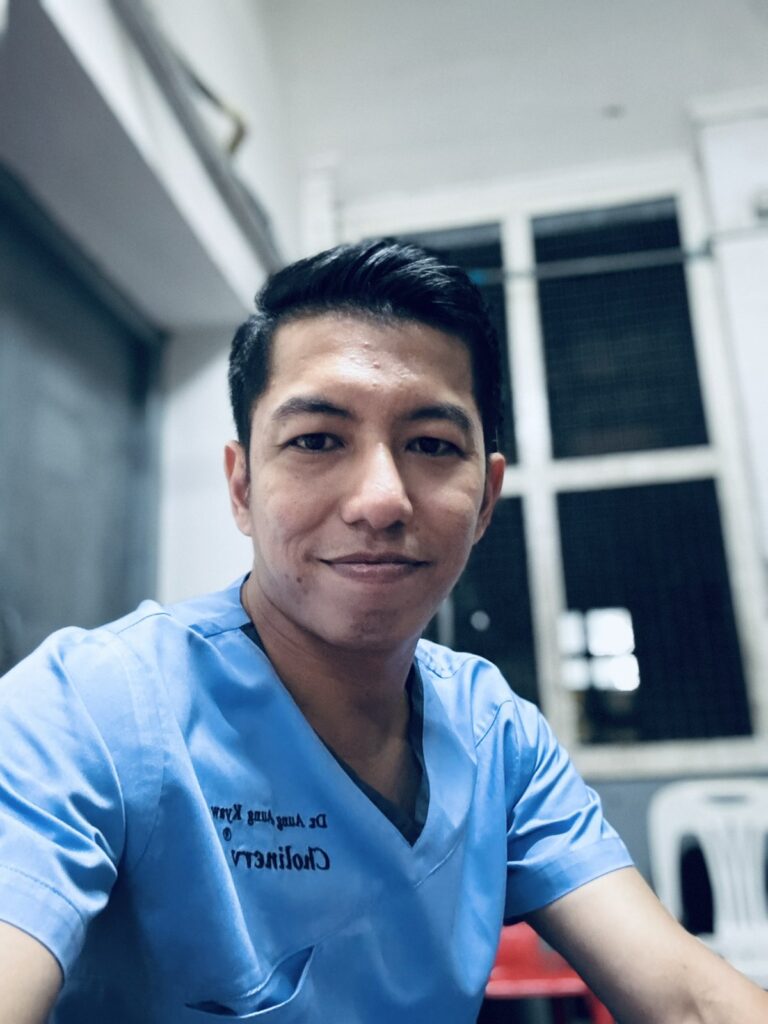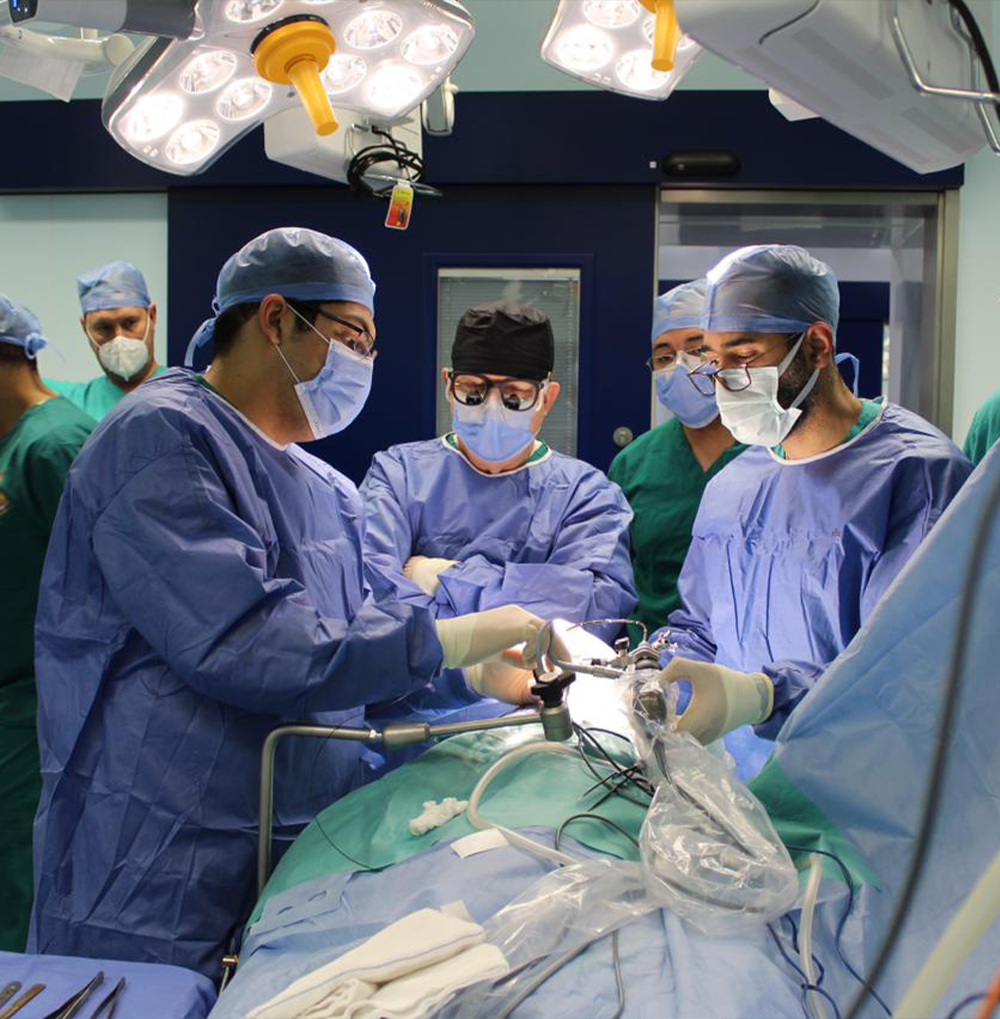Training pediatric neurosurgeons in new surgical techniques
I recently capped an extraordinary week as we launched our newest partnership with the University Teaching Hospital in Lusaka, Zambia. The Neurosurgery Department at UTH is headed by a long-time friend and colleague, Dr. Kachinga Sichizya, who I, along with Dr. John Mugamba, trained in the ETV/CPC procedure many years ago in Uganda. He has spent more than 15 years treating hundreds of Zambian infants for hydrocephalus in this way.
However, Dr. Sichizya has encountered many obstacles in recent years, including a shortage of essential equipment and supplies. Not only has this often prevented him from treating hydrocephalus with ETV/CPC, but he has very commonly even run out of shunts to treat them in the traditional way. Tragically, many children with untreated hydrocephalus will die in the near term, and the survivors will suffer and become badly disabled.
To his great credit, Dr. Sichizya has founded and directed a new neurosurgery training program at UTH, the first in Zambia, which graduated its first group of 6 residents this past year and has others coming along behind them.
Transforming neurosurgical care
This new cadre of trained surgeons will transform the access to care for children with spina bifida and hydrocephalus throughout this large country if they have the tools they need.
My old friend, Dr. John Mugamba, one of our 10 NeuroKids neurosurgery trainers and mentors, spent the week here in the operating room with me, augmenting the training of some of these newly graduated neurosurgeons and the residents following in their footsteps, performing ETV/CPC and closing myelomeningoceles.
The University Teaching Hospital in Lusaka has the distinct advantage of having Dr. Sichizya, who is already very experienced in the ETV/CPC procedure. Now that he is adequately equipped, he can continue the training and mentoring with our support.
Providing medical equipment and monitoring for the long-term
As with our other partner sites, thanks to Karl Storz and Ohana One, we have provided new endoscopes and related equipment for the ETV/CPC procedure, which will enable many more children to be treated. We have also installed the necessary technology to carry out our remote presence mentoring model here.
As always, the site has been provided with our NeuroKids database for tracking patient outcomes, and NeuroKids has hired one of the UTH nurses full-time to coordinate patient follow-up and care (including ongoing care needed by children affected by spina bifida) as well as data collection and management.
We also implemented two innovations here in Zambia. First, we introduced a new portable, point-of-care ultrasound technology developed by Philips for brain imaging in infants. Many of the children coming here for hydrocephalus treatment do not have access to imaging, largely due to cost constraints. We hope that having placed this new technology into the hands of the neurosurgeons themselves; imaging will no longer be an obstacle to care.
We are also trialing a smartphone-based technology known as CommCare, which can facilitate patient identification and postoperative follow-up in the field. Other members of the NeuroKids team who joined me in Zambia–our CEO, Derek Johnson, Ashley Birch, and Joanna Papadakis–helped set this up and train staff, among many other supportive activities.
Surgery is the easy part
As I like to say, “Surgery is the easy part.” It is even more challenging to identify children in need of treatment in areas remote from the hospital, get them there, and adequately follow-up after surgery.
We are also pleased to partner with Child Help International in Zambia. Child Help was founded by my long-time Belgian friend, Pierre Mertens, who also joined us in Zambia. Pierre and I have been pushing to improve the care of children with hydrocephalus and spina bifida in sub-Saharan Africa since we first spent time together in Kenya and Tanzania back in 1998. Child Help is providing shunts at no cost to those children here for whom ETV/CPC is unsuccessful.
The time in Zambia was especially meaningful for me, bringing together more than 25 years of work and friendships in Africa. I never cease to be amazed at how God allows me to have a small part in rescuing and improving the lives of these most vulnerable of His children.
It goes without saying that we could do none of this work without the generous support of our donors. I want to thank you personally for partnering with us in this important work.
Benjamin C. Warf MD
Chairman and President, NeuroKids
Professor of Neurosurgery, Harvard Medical School
Hydrocephalus and Spina Bifida Chair, Boston Children’s Hospital






